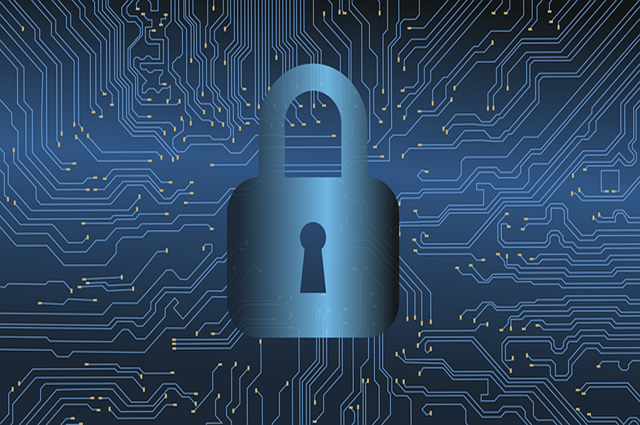The Role of Cybersecurity in Digital Marketing
Introduction: As digital landscapes continue to expand, so does the importance of cybersecurity. In the realm of digital marketing, where data is the lifeblood of campaigns and customer interactions, safeguarding against cyber threats is paramount. In this blog post, we’ll delve into the critical role of cybersecurity in digital marketing, exploring the risks, strategies for protection, and the impact of a secure digital environment on the success of marketing efforts.
The Growing Importance of Cybersecurity in Digital Marketing
1. Data as a Valuable Asset
- Digital marketing relies heavily on data analytics and customer insights.
- Customer profiles, behavior patterns, and transaction histories make data a prime target for cybercriminals.
2. Increased Connectivity, Increased Risks
- The interconnectedness of marketing platforms and the reliance on cloud-based services create new entry points for cyber threats.
- Social media, email marketing, and website interactions all pose potential vulnerabilities.
Common Cyber Threats in Digital Marketing
1. Data Breaches
- Unauthorized access to customer databases or marketing analytics systems can lead to sensitive data exposure.
- Stolen personal information erodes trust and can result in legal consequences.
2. Phishing Attacks
- Cybercriminals often use deceptive emails or websites to trick individuals into providing sensitive information.
- Phishing attacks can compromise login credentials or lead to the installation of malware.
3. Malware and Ransomware
- Malicious software can infect marketing platforms, leading to data loss, system disruptions, or ransom demands.
- Ransomware attacks can cripple marketing operations until a ransom is paid.
4. Ad Fraud
- Advertisers face the risk of fraudulent activities like fake clicks or impressions.
- Ad fraud impacts marketing budgets and distorts campaign performance metrics.
Strategies for Cybersecurity in Digital Marketing
1. Employee Training
- Educate marketing teams on cybersecurity best practices.
- Recognizing phishing attempts and understanding secure data handling are essential skills.
2. Secure Website Practices
- Implement secure socket layer (SSL) certificates for encrypted data transmission.
- Regularly update website plugins and software to patch vulnerabilities.
3. Multi-Factor Authentication (MFA)
- Enforce multi-factor authentication for accessing marketing platforms.
- MFA adds an extra layer of security beyond passwords.
4. Data Encryption
- Encrypt sensitive data both in transit and at rest.
- Utilize encryption protocols to protect customer information and campaign data.
5. Regular Security Audits
- Conduct routine security audits to identify vulnerabilities.
- Penetration testing helps assess the strength of cybersecurity measures.
6. Collaboration with Secure Service Providers
- Choose marketing platforms and service providers with robust security protocols.
- Regularly review and update service agreements to include cybersecurity standards.
The Impact of Cybersecurity on Digital Marketing Success
1. Trust and Brand Reputation
- A secure digital environment fosters trust among customers.
- Brands with a strong cybersecurity stance enhance their reputation and customer loyalty.
2. Data Accuracy and Reliability
- Cybersecurity measures contribute to the accuracy and reliability of marketing data.
- Businesses can make informed decisions based on trustworthy analytics.
3. Customer Confidence in Transactions
- Secure online transactions and protected customer information contribute to a positive customer experience.
- Confidence in the security of online interactions encourages repeat business.
4. Operational Continuity
- Robust cybersecurity measures ensure the continuity of marketing operations.
- Protection against disruptions safeguards campaigns and customer engagement.
Conclusion
In the ever-evolving landscape of digital marketing, the integration of cybersecurity measures is not just a choice but a necessity. The safeguarding of customer data, protection against cyber threats, and the establishment of a secure digital environment contribute to the success and longevity of marketing efforts. By prioritizing cybersecurity, businesses can navigate the digital landscape with confidence, ensuring that their marketing campaigns not only reach their intended audiences but do so securely and responsibly. As the digital world continues to advance, so must our commitment to safeguarding the trust and integrity of digital marketing endeavors.

